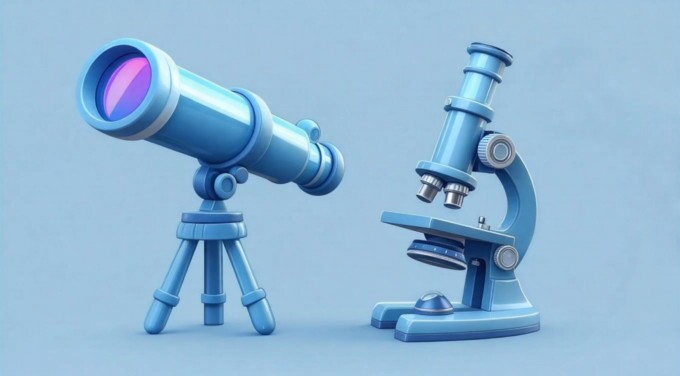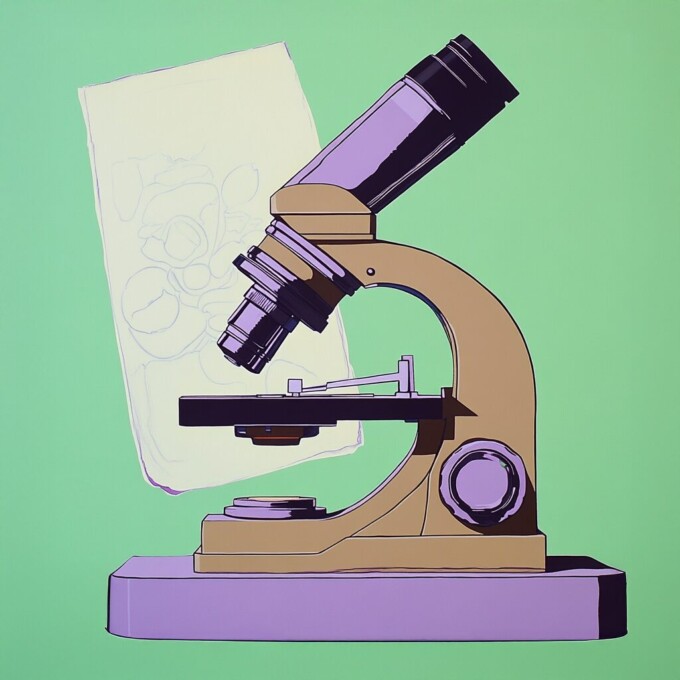“Gravitational wave detectors have revolutionized astrophysics by detecting black holes and neutron stars. Most signals are captured in the 30- to 2000-Hz range, and the lower 10- to 30-Hz band remains largely unexplored because of persistent low-frequency control noise that limits sensitivity. Enhancing this sensitivity could increase cosmological reach. Using nonlinear optimal control through reinforcement learning with a frequency-domain reward, Buchli et al. developed a method that effectively reduces control noise in the low-frequency band. This method was successfully implemented at the Laser Interferometer Gravitational-Wave Observatory (LIGO) in Livingston and the Caltech 40 Meter Prototype, achieving control noise levels on LIGO’s most demanding feedback control loop below the quantum noise, thus removing a critical obstacle to increased detector sensitivity.”
From Science.




